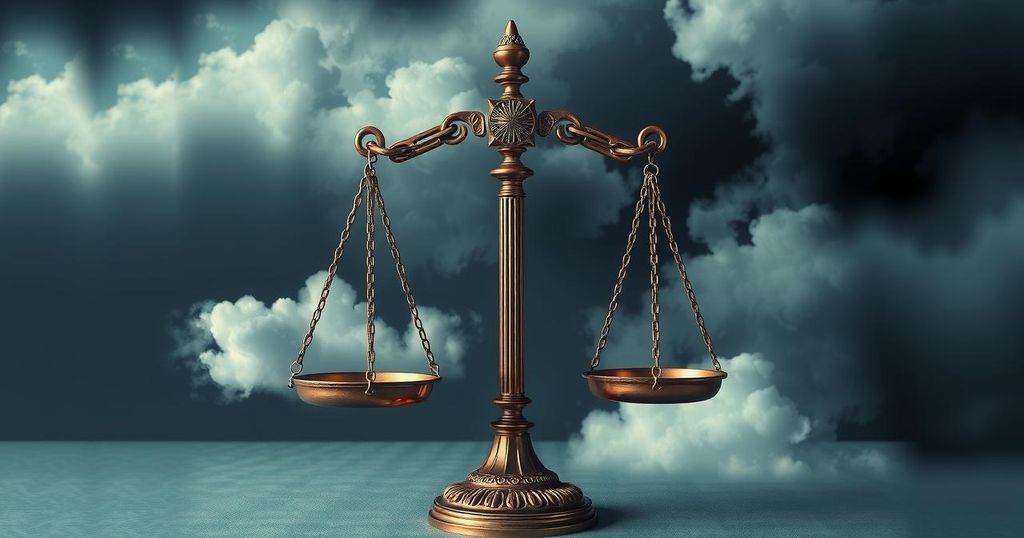At the Munich Security Conference, S. Jaishankar defended democracy’s resilience globally, particularly regarding India’s successful electoral participation. He criticized Western perceptions of democracy while highlighting that India’s democratic model effectively supports its citizens. He emphasized the necessity for honest discussions on democratic challenges worldwide and urged the West to acknowledge successful models outside its own framework.
In a recent discussion at the Munich Security Conference, India’s External Affairs Minister, S. Jaishankar, addressed perceptions surrounding global democracy, specifically criticizing Western narratives that portray democracy as a solely Western characteristic. He highlighted India’s electoral success, noting significant voter turnout in recent elections, and countered the prevailing belief that democracy is struggling worldwide. He emphasized that Indian democracy is thriving and delivers essential services to its populace.
Mr. Jaishankar presented an optimistic perspective, stating that, contrary to global pessimism, democracy in India is functioning well with increasing electoral participation. He emphasized that since its inception, the proportion of voters has notably increased, contesting claims of a global democratic crisis. He asserted, “I am sorry, I have to differ” regarding the notion that democracy is failing, affirming India’s ongoing commitment to democracy.
Responding to Senator Elissa Slotkin’s assertion that democracy does not guarantee economic sustenance, Mr. Jaishankar countered that, in India, democratic governance facilitates food distribution and nutritional support for hundreds of millions. He cautioned against generalizing the global democratic experience, noting that some regions are achieving democratic successes while others face challenges, indicating a need for honest dialogue about these discrepancies.
Regarding aspirations for democracy among nations in the Global South, Mr. Jaishankar acknowledged the uniqueness of each country’s experience while expressing a collective hope for democratic implementation as a universal aspiration. He pointed out that India chose democracy post-independence due to its inherently pluralistic society, setting a precedent for others.
Lastly, he urged the West to recognize successful democratic models outside its borders, criticizing the historical tendency of Western powers to support non-democratic forces in the Global South. He added that despite facing difficulties, India remains committed to its democratic principles, which should serve as an example for the West in their future engagements and support for democracy globally.
Mr. Jaishankar’s remarks encourage a broader understanding of democracy’s diverse realities and advocate for cooperative dialogues between nations to reinforce democratic values effectively.
In conclusion, S. Jaishankar’s statements at the Munich Security Conference express a firm belief in the resilience and success of democracy in India, contrasting with prevailing global narratives of democratic decline. By sharing India’s experiences and emphasizing the varied democratic contexts across the Global South, he highlights the importance of adopting a more nuanced and optimistic perspective on democracy’s future. His call for the West to recognize and learn from successful non-Western democratic models underscores the need for a more inclusive global discourse on governance.
Original Source: www.ndtv.com






